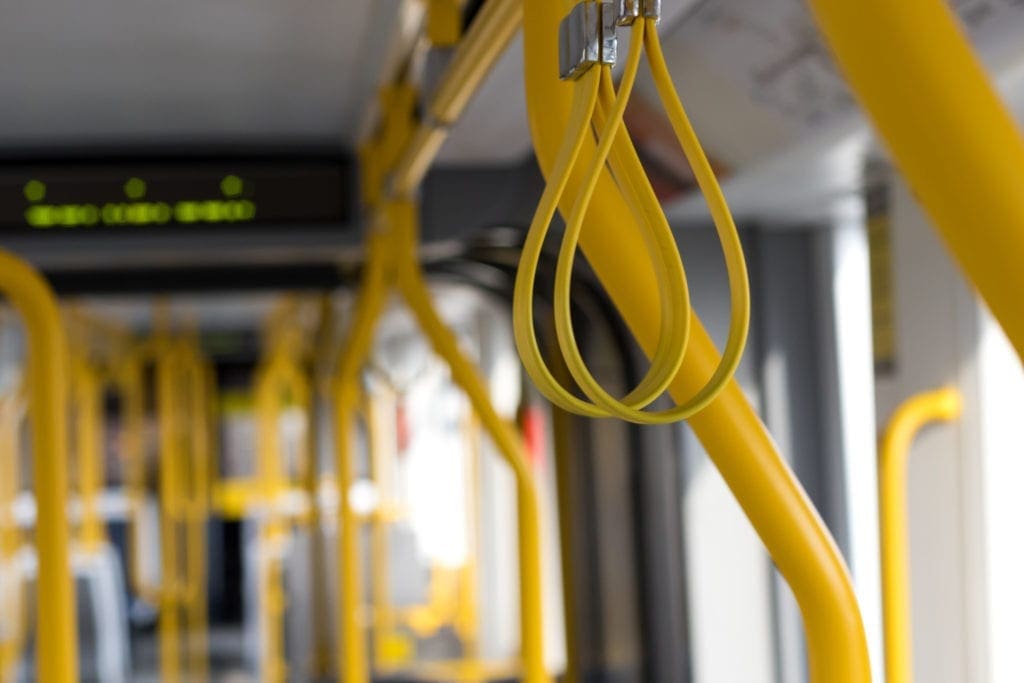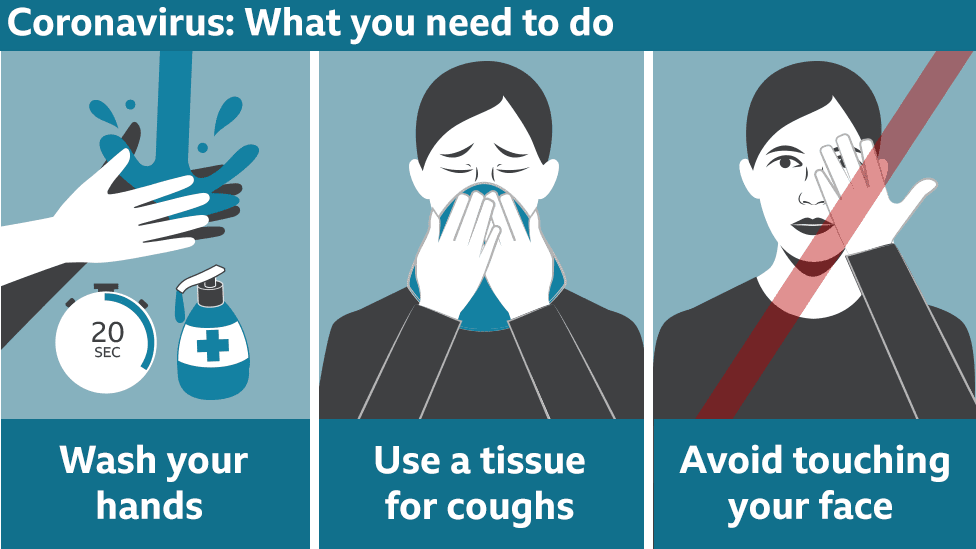
The general secretary of Transport Salaried Staffs’ Association (TSSA), Miguel Cortes, is urging the Government to convene a summit this week to discuss measures to stop the spread of coronavirus across public transport.
The comments follow an emergency COBRA meeting held by Prime Minister Boris Johnson, which decided the UK would remain in the ‘containment’ phase of its response to the COVID-19 outbreak.
Ministers announced that ‘social distancing’ measures would not be introduced at this time.
The summit would bring together train operators, representatives of devolved administrations, metro mayors, unions and medical experts to put in place measures which would reassure staff and passengers and keep rail, bus and tram services running.
Mr Cortes said earlier in the week: “We want to ensure our transport networks are resilient in the face of a possible epidemic and urgently need consistent advice and a pro-active plan of action for public transport.
“We welcome the government’s reassurance on sick pay for workers who are self-isolating, but we believe the transport network needs a much more detailed response to the virus given the crucial role it plays in the economy and society, and the potential to spread – or minimise the spread – of the virus.”

Coronavirus: What’s the risk of rail travel?
It is not yet known exactly how COVID-19 spreads from person to person, but the NHS is advising that similar viruses are spread in cough droplets when in close proximity. The NHS guidance on coronavirus defines “close contact” as being within 2 metres of an infected person for more than 15 minutes.
Dr Lara Gosce, from the Institute of Global Health, says her 2018 research showed people who used the Underground regularly were more likely to suffer flu-like symptoms.
Dr Gosce’s study says: “Comparing our results with influenza-like illnesses data collected by Public Health England in London boroughs, there’s a correlation between the use of public transport and the spread of influenza-like illnesses.
“Specifically, we show that passengers departing from boroughs with higher influenza-like illness rates have higher number of contacts when travelling on the underground. Compared to well-served boroughs where passengers reach their destination by one direct trip.”
NHS guidance
The NHS are advising the public on how to avoid catching and spreading coronavirus:
- Wash your hands with soap and water often – do this for at least 20 seconds
- Always wash your hands when you get home or into work
- Use hand sanitiser gel if soap and water are not available
- Cover your mouth and nose with a tissue or your sleeve (not your hands) when you cough or sneeze
- Put used tissues in the bin straight away and wash your hands afterwards
- Try to avoid close contact with people who are unwell
- Do not touch your eyes, nose or mouth if your hands are not clean
Do not go to a GP surgery, pharmacy or hospital. Call 111 if you need to speak to someone.


